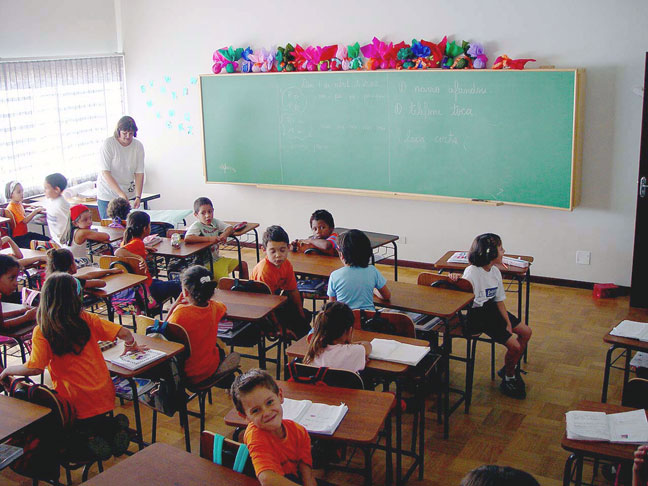Past Perfect Tense
The world and everything in it, ourselves included, consist of moving parts. An adult brain consumes twenty to thirty percent of that adult’s energy.  An infant’s brain consumes 60%. Many of us are just starting to hear the news that, even while asleep, and infants sleep most of the day, our neural systems work to process daily sensory events and consolidate memory. Simplistically put, our environment and the people in it feed us energy and information that our bodies and brains then filter, storing what we need and eliminating the rest.
An infant’s brain consumes 60%. Many of us are just starting to hear the news that, even while asleep, and infants sleep most of the day, our neural systems work to process daily sensory events and consolidate memory. Simplistically put, our environment and the people in it feed us energy and information that our bodies and brains then filter, storing what we need and eliminating the rest.
This September, like every September, crowds of little children with growing bodies and brains the same size as the teacher’s brain will file into classrooms. Once seated behind their desks, the teachers will encourage them to sit still so they can pay attention, learn and compete for good evaluations at what are truly their first jobs.
Earlier this summer, the CBS Nightly News reported that sitting six hours or more each day damages the heart. CBS featured footage of adults working at standing desks and adults exercising in gyms after work. Research links heart disease and diabetes to diet and sometimes heredity, but prolonged sitting that restricts one’s circulatory system certainly takes its toll. Long airplane rides have proven to be a health risk. Childhood diabetes and heart disease are on the rise. The CBS report did not mention children.
A recent NY Times Op-Ed piece suggests that an adult working for thirty minutes should ideally break that work time down as follows: 20 minutes seated, eight minutes standing and two minutes walking. A short walk improves oxygen circulation and often clears the mind. Still, I can only imagine the challenges a seventh grade teacher might face when twenty five self-motivated students decide at different points during American History Class that they need to stretch their legs to think better.
Of course, we adults might benefit if walks after the evening news increased our oxygen intake, improving cognition and expanding our understanding of the links between past history, its causal chain, and today’s effects.
This November, as in November 2008 and 2012, voters will elect a president.
I listened to Donald Trump’s speech in Detroit and to President Barack Obama’s speech to the Democratic National Convention. I took notes while Mr. Trump addressed the economy. When President Obama spoke of his Scots-Irish roots and the values he learned from his mother and his maternal grandparents who helped raise him, I took note. The elections of President Obama and candidacies of Donald Trump and Hillary Clinton reflect different aspects of incremental social change here and fear of changes taking place over there.
Mr. Trump’s Detroit speech specifically referred to Upstate NY as a disaster implying that Japan’s economic rise, job loss in the US, Chinese trade, and Islamic extremism started affecting our nation in 2008. I have lived in CNY my entire life and, in the early 1990’s, studied Labor and Public Policy in a graduate program. My studies and observation inform me that economic horsepower started exiting our local industrial barn doors before NAFTA was a twinkle in its author’s eye. The preceding sentence, no humor intended, is an example of the past perfect tense, a bit of grammar I learned while trying hard to keep my moving parts immobile behind my elementary school desk so a “D” in “Deportment” wouldn’t overshadow my “A’s” and “B’s”.
 I for one do not feel nostalgic for the ear twisting, some of it ideological, that took place during the supposedly happier past. For many, the past was far from perfect and often tense, instilling, sometimes, smiling sedentary passivity.
I for one do not feel nostalgic for the ear twisting, some of it ideological, that took place during the supposedly happier past. For many, the past was far from perfect and often tense, instilling, sometimes, smiling sedentary passivity.
As adults, we can pick our own poison or not. AARP suggests senior citizens should study something new, socialize and walk. I’ve enjoyed walking and talking about current events, but I am starting not to. Daniel Patrick Moynihan said we are entitled to our own opinions but not to our own facts. Modern history suggests to me that extreme “isms” only seem extreme when those “isms” are not our “isms.”
Childhood experience reflects the colors of adult life. I remember teachers and classmates relating better to the class clowns than to the bookworm types who always raised their hands to try to give the right answers and for some, if the answers from the book you read at the library didn’t agree with answers in the book you read in class, you were graded deficient. We are grading each other deficient now.
It takes time to review the multiple sides of any question.
Rigid dogmatism always hampers egalitarianism but not vice versa.
Past Perfect Tense










